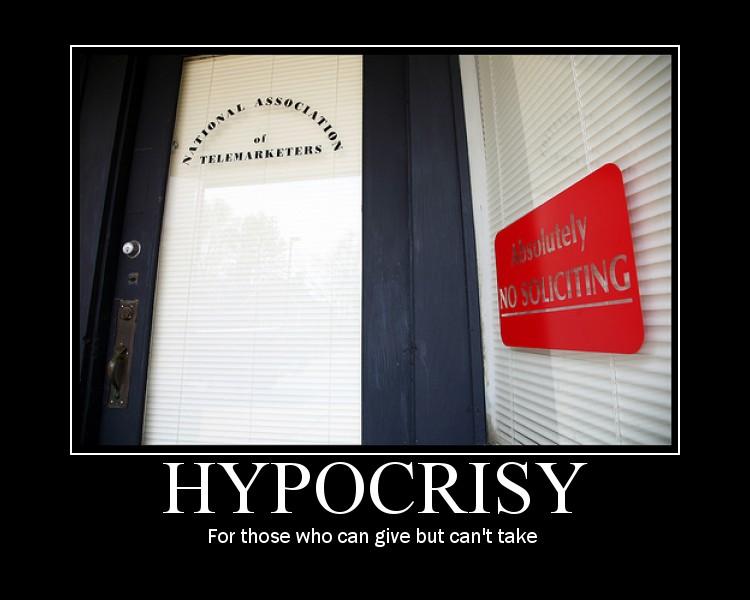Suppose we do have a moral consensus, but we just can’t get it implemented?
Sojourners, the progressive Christian organization, asked both presidential candidates to tape three minutes of video on what they want to do about poverty. Here are the results. WARNING: Hang Together is not responsible for suicidal impulses among Republicans who view the videos.
Here’s a quick recap for those who don’t have time to watch the videos:
Obama: I’m a sensitive human being who cares about the poor, but I’m also intelligent and understand the limits of what can be accomplished. I share your values on helping the less fortunate and will do everything I reasonably and prudently can (unlike some people) but I also share your values on not creating dependency.
Romney: Hi. I’m Mitt Romney. I want you to vote for me. I’m reading a script that was written for me by highly paid consultants because we think it will make you vote for me. You won’t retain a word I say five minutes after I’m done, but you’ll remember that I look creepy. Vote Romney!
Just the fact that he actually begins the video with the words, “Hi. I’m Mitt Romney” really tells you all you need to know.
But as fun as it is, let’s leave aside for a moment the electoral handicapping, because I see a more important issue here.
Good news: Barack Obama feels the need to affirm the bourgeois work ethic and repudiate expansion of welfare. He is unable to present his position as an expansion of the welfare state; he has to depict it as merely a defense of the welfare state’s existence against radical libertarians who want to do nothing for the poor. It’s not the first time; walking back his “you didn’t build that comments,” the president picked up Arthur Brooks’s language and said that in America “you have to earn your own success.”
Bad news: It’s all a colossal con. His administration is clearing a path for states to gut welfare reform and return to endless, endless dependency. Last year the government gave a national award to a welfare office in North Carolina for their excellent efforts to convince people they needed welfare when they didn’t think they did. The local office described this as breaking down their “mountain pride.” (I shared that with a prominent pastor here in my area and he said, “they’re breaking these people down into cattle to be herded.” He’s right.) I’ve got lots more stories and not enough time to type them all in.
So here’s the problem. Suppose we have a moral consensus strong enough that politicians are forced to play along. How do we constrain their actual behavior? The ability of elections to do so is weak. Even Dan admits that the 2008 ballot was not a choice between expanding or contracting government control over all aspects of human life, but merely whether the expansion should go on faster or slower. This year’s election may be an exception where we can really exert more influence. But is that sufficient – one election every thirty years or so? Even the “Reagan Revolution” and the 1994 Republican landslide in Congress seem to have done little other than slow the process down temporarily.
Are there other institutions that can use their cultural power (the ability to name reality) to effectively hold the state accountable for practicing what it preaches between elections?

Pingback: Bono Embraces Capitalism & Entrepreneurship for Developing Nations | Hang Together
Pingback: On Celebrating Bono’s Pro-Capitalism Conversion « Remnant Culture